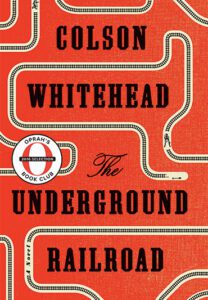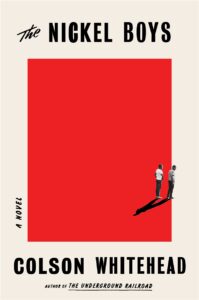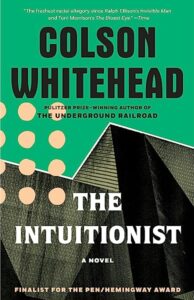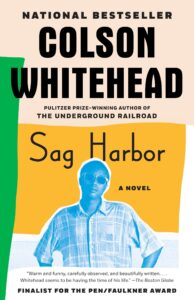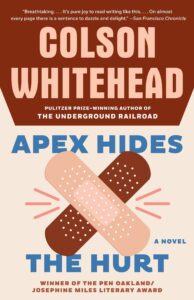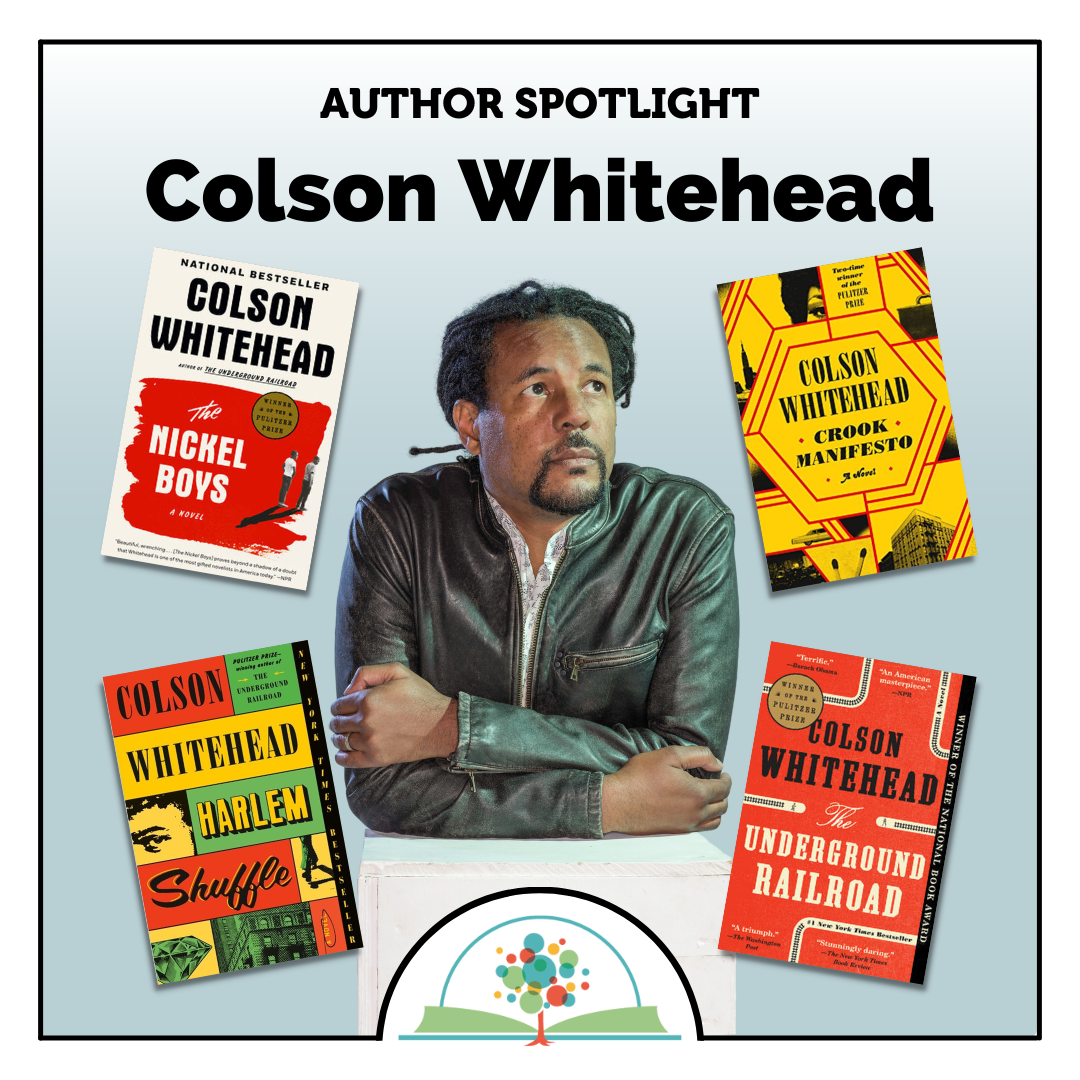
31 Jul Author Spotlight: Colson Whitehead
Written by Nick Philip, Adult Services Supervisor
There’s only one living novelist who has won the Pulitzer Prize for Fiction twice, and that’s Colson Whitehead. A chameleonic darling of the literary establishment who doesn’t shy away from playing in the sandbox of genre to showcase and examine black life in the United States, his new book Crook Manifesto is coming soon to a shelf at PGTPL. A sequel to his most recent book, Harlem Shuffle, Crook Manifesto rejoins reluctant New York City fence Ray Carney and his misadventures in the 1970s. If you’ve never read Whitehead’s books, now is a great time to dive in! Here’s a rundown of his novels, and we hope you can find something that fits your tastes!
The Underground Railroad
Whitehead won his first Pulitzer for this 2016 speculative historical fiction novel, which follows a slave fleeing Georgia via an actual railway, rather than the metaphorical one normally used to refer to the traditional pathway to freedom. This book was a critical darling, and sold tons of copies, with a bit of a boost from Oprah’s Book Club. It also won the 2016 National Book Award for Fiction and the Andrew Carnegie Medal for Excellence in Fiction. If you like the book, you can also check out the Amazon Prime miniseries adaptation.
The Nickel Boys
Whitehead’s second Pulitzer winner is this 2019 tale of two African-American boys and their incarcerations in an extremely abusive reform school in Florida. A very heavy book, it melds ideas of hope and cynicism in its main characters to examine a dark history. Along with the Pulitzer, The Nickel Boys won the 2019 Kirkus Prize for Fiction and was a finalist for the National Book Critics Circle Award for Fiction in the same year. Be on the lookout for a forthcoming film adaptation.
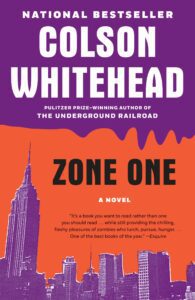
The Intuitionist
This 1999 speculative mystery was Whitehead’s debut. It’s set in a city that relies heavily on the usage of elevators to travel vertically throughout a large number of skyscrapers and follows an elevator inspector in the wake of a disaster.
Zone One
One major characteristic of Whitehead’s career is his use of genre characteristics in novels aimed at the literary mainstream. Zone One is a post-apocalyptic zombie story, following a zombie hunter nicknamed Mark Spitz, after the Indiana University swimming icon. Zone One was released in 2011, after Whitehead had become a known commodity in the literary world, and was thus viewed as a major departure from his previous work, which was much more realistic.
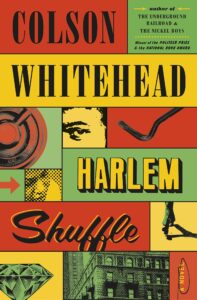
Harlem Shuffle
The predecessor of Crook Manifesto, Harlem Shuffle sees Whitehead, fresh off of two Pulitzer Prize-winning “serious novels,” delve into the crime genre. The plot concerns Ray Carney, a furniture salesman and occasional fence in 1960s Harlem, and three episodes in his reluctant life of crime. An immensely entertaining book, it centers on the push and pull between Ray’s desire to build a family and his obligations to the family of criminals from which he comes. Harlem Shuffle was a finalist for the 2021 Kirkus Prize for Fiction.
Sag Harbor
Whitehead describes this 2009 novel about two preppy young black boys spending the summer of 1985 in the Hamptons as being “modest and personal.” This was a direct departure from his previous books, which handled larger social issues and often delved into more experimental storytelling. Sag Harbor was a nominee for the 2010 PEN/Faulkner Award for Fiction.
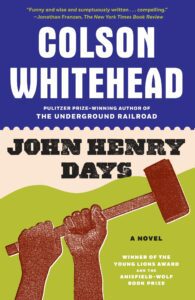
John Henry Days
The sophomore effort from Whitehead saw him follow a jaded journalist covering a West Virginia festival celebrating John Henry. A satirical and playful piece that differs from The Intuitionist, John Henry Days received Whitehead’s first real recognition from the literary awards community, garnering nominations for the Pulitzer Prize for Fiction and the Los Angeles Times Book Prize for Fiction.
Apex Hides the Hurt
Like John Henry Days, Apex Hides the Hurt continues Whitehead’s tactic of examining the modern world through satire. This 2006 work follows a “nomenclature consultant” as he works with the residents of a town to determine what their town name should change to, and if it even should change. The consultant’s personal history, particularly concerning his missing toe, is also revealed to the reader. Like much of Whitehead’s oeuvre, this novel is particularly concerned with the idea of American blackness, but is broadly about identity and memory as a whole.



